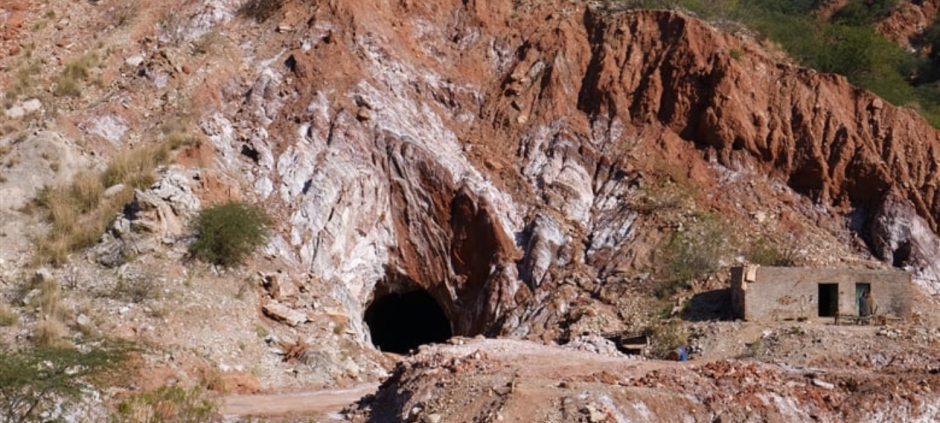The Salt Range in Punjab, once a sanctuary for rare wildlife and unique landscapes, is now under severe ecological threat due to unchecked human activities and climate change. Environmental experts have raised alarms over the accelerating loss of biodiversity in the region, warning that without swift intervention, the damage could soon become irreversible.
Known for its scenic beauty and rich ecosystems, the Salt Range is home to endangered species like the Punjab Urial, Chinkara, and Red Fox, as well as rare birds such as the White-headed Duck and Imperial Eagle. However, ecologists report that unregulated mining, widespread poaching, deforestation, and pollution are causing irreparable harm. Industrial expansion, particularly through cement factories and mining operations, has altered the natural terrain and contaminated key water sources.
Also Read: Pakistan and US Expand Partnership on Himalayan Pink Salt
Climate change has compounded the crisis. Shifts in rainfall and rising temperatures have reduced soil fertility and water availability, pushing both plant and animal species to the brink. Apex predators like the grey wolf and common leopard have already vanished from the region, according to Fahad Malik of the Pakistan Biodiversity Alliance. Conservationist Badar Munir highlights the urgency of regulating industrial activity and combating climate-driven stress on the ecosystem.
Despite the dire situation, efforts are being made to restore the region. The Punjab government has introduced reforms, including amendments to the Wildlife Act and the launch of a Biodiversity Strategy aligned with global conservation standards. Initiatives such as the Green Pakistan Programme and the Protected Areas Initiative aim to restore native forests and preserve Ramsar-listed wetlands like Khabbeki and Uchhali.
Conservationists stress that long-term protection of the Salt Range depends on active community involvement, stricter environmental enforcement, and expanded research. They urge partnerships with international bodies like the WWF, IUCN, and UNDP to further conservation goals and prevent further loss. Still, illegal hunting, habitat encroachment, and deforestation persist, posing continued threats to this fragile ecological haven.











